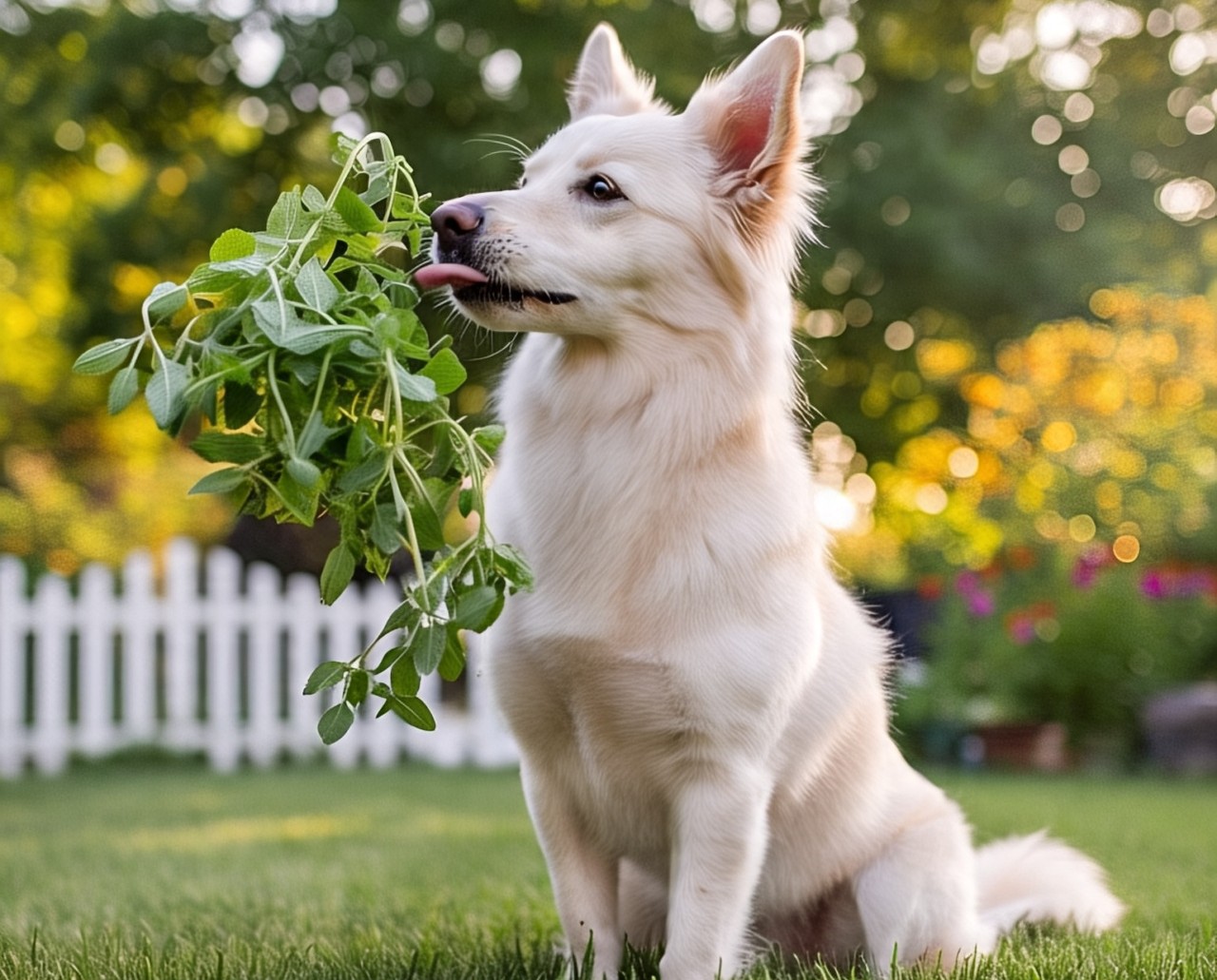In moderation, catnip is safe for dogs and can provide several benefits. Known for its effects on cats, catnip contains beneficial components like magnesium, vitamins C and E, and essential oils. For dogs, catnip acts as a mild sedative, which can help reduce anxiety, aid in sleep, and even soothe minor injuries like cuts and insect bites. It’s a versatile herb that, when used properly, can promote your dog’s overall well-being.
Is the effect of catnip on dogs and cats the same?
Catnip can be consumed by both dogs and cats, but its effects are quite different. For cats, the active ingredient in catnip, nepetalactone, often induces a hyperactive or playful response in about 50-80% of cats. However, dogs generally experience a sedative effect, which can help calm them down and promote better sleep. This makes catnip particularly helpful for dogs suffering from anxiety or stress. Additionally, catnip has many health benefits, such as helping with digestion, acting as a diuretic, and soothing minor injuries.
Is there dog-friendly catnip?
Yes, catnip is dog-friendly when used in moderation. While it’s commonly associated with cats, this herb can also provide benefits to dogs when used correctly. Dog owners can sprinkle a small amount of dried catnip onto their dog’s food or add fresh catnip leaves to their water bowl. Catnip toys can also help dogs relax, particularly during stressful situations like vet visits. As always, moderation is key, and it’s best to consult your veterinarian for guidance on appropriate amounts based on your dog’s breed and size.
What are the risks and benefits of catnip?
Catnip offers several potential benefits for dogs, particularly in reducing stress and anxiety. It can help dogs with separation anxiety, fear of thunderstorms, or general nervousness. The calming properties of catnip may also aid in improving sleep. Additionally, catnip’s essential oils can act as a natural insect repellent, helping to ward off fleas and mosquitoes when used topically.
However, there are some risks. Excessive consumption of catnip can cause digestive issues, including vomiting or diarrhea. While catnip is generally safe, it’s important to keep an eye on your dog, especially if you’re giving them fresh plant material. If you plan to use catnip oil, consult with your vet first, as it can be potent and might not be suitable for all dogs.
Was my dog consuming too much catnip?
While catnip can be beneficial, too much can lead to stomach upset, such as diarrhea or vomiting. A small amount of catnip is generally safe, and it’s fine for your dog to enjoy playing with a catnip toy for a few minutes each day. However, consuming excessive amounts could cause mild digestive issues. If your dog overindulges, a bland diet of rice and unseasoned chicken can help settle their stomach. If symptoms persist, it’s always best to seek advice from your veterinarian.
Unlike cats, dogs do not have a strong behavioral response to catnip. Cats react due to the compound nepetalactone, but dogs typically only experience mild sedation, if any. This difference is because dogs’ scent receptors and vomeronasal organs react differently to the herb.
How to Prevent Your Dog’s Consumption of Catnip
If you want to include catnip in your dog’s routine, a small amount—around 1/8 to 1/2 teaspoon—of dried catnip sprinkled on their food or added to their water bowl can be beneficial. This should be done on occasion, not every day. If your dog has any underlying health conditions, consult with your veterinarian before introducing catnip into their diet.
While catnip can act as a mild sedative, it’s not a substitute for professional veterinary care. It can, however, be used as a natural remedy for anxiety or minor behavior issues when combined with proper training. Catnip contains magnesium, vitamins A and E, which contribute to its calming properties. When used responsibly, it can be a helpful tool in your dog’s care routine.
Conclusion
Catnip, when used responsibly and in moderation, can offer several benefits to dogs. It can help reduce anxiety, improve sleep, and even aid in minor injuries. Always consult your veterinarian before adding new herbs or oils to your dog’s diet, especially if they have existing health issues. By using catnip correctly, you can enhance your dog’s quality of life with a natural, calming solution.
